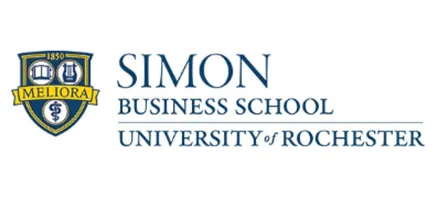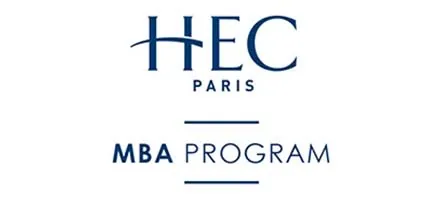Columbia | Mr. CRMprofff
GMAT 760, GPA 3
NYU Stern | Mr. Investor
GMAT 760, GPA 3.0
Emory Goizueta | Ms. Consumer Behavior Analyst
GRE 312, GPA 3
Harvard | Ms. Kiwi Engineer
GRE 320, GPA 4.0
Georgetown McDonough | Mr. Earth2Ell
GRE 317, GPA 2.45
MIT Sloan | Mr. BS MS MBA
GMAT 720, GPA 4
Stanford GSB | Ms. PE To Healthcare
GMAT 715, GPA 3.82
Rice Business | Mr. Buffalo Dad
GMAT 650, GPA 3.1
London Business School | Mr. 35YO Public Sector Banker
GMAT 715, GPA 3.24
Berkeley Haas | Mr. Ex EV-Tech PM
GRE 308, GPA 3.24
Columbia | Mr. PHARMA GUY
GMAT 725 (FE), GPA 3
Tuck | Mr. Infantry O
GRE 315, GPA 3.8
Emory Goizueta | Ms. Athlete To Consulting
GMAT 655, GPA 3.89
NYU Stern | Mr. Structural Engineer A
GMAT 680, GPA 3.3
MIT Sloan | Ms. Engineering + Extracurriculars
GMAT 695, GPA 3.45







